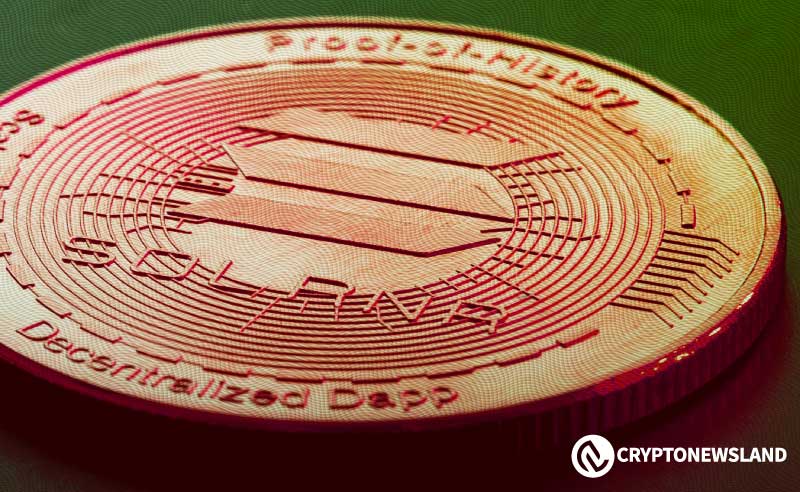- Solana’s Blinks enable any link to trigger blockchain transactions, enhancing speed and efficiency.
- Jupiter DEX pioneers Blinks for personal swaps and staking, showcasing early adoption.
- Blinks integrate with social media, simplifying transactions and potential marketing applications.
Jupiter, a prominent decentralized exchange (DEX) aggregator, is among the first to implement the Blinks technology. Blinks, developed by Solana, is an innovative technology that will change the way blockchain transactions are done.
Blinks significantly speeds up transactions by allowing any link to initiate a blockchain activity. Solana hopes that this development will enable it to provide blockchain services at internet speed.
Blinks allows for smooth social media integration, enabling transactions without leaving the platform. These links are designed to be used in marketing strategies, mainly to facilitate onboarding with SOL tokens. Blinks make it easier to create action pages, redirect users to service pages, and eliminates the need for extensive website development for small transactions.
Blinks have the potential to be a very effective marketing tool, particularly for NFT initiatives and meme communities. Jupiter DEX has promoted Blinks to help popularize token projects. So far, there have been no reports of spoofing or malicious transactions using Blinks.
Users must enable the experimental feature in their wallets to ensure transparency in the actions coded into Blink. This security feature makes Blinks harder to spoof than traditional methods. The primary advantage of Blinks is their resistance to spoofing. However, the network’s abundance of meme tokens poses a risk, as Blinks may unintentionally promote low-value copies of tokens or NFTs.
Jupiter continues to play a key role on Solana, contributing to the network’s growth and ranking as the sixth-largest DEX. The continued growth of Solana’s ecosystem, with a value of $4.12 billion locked in, highlights the strength of the network and the potential of Blinks.
